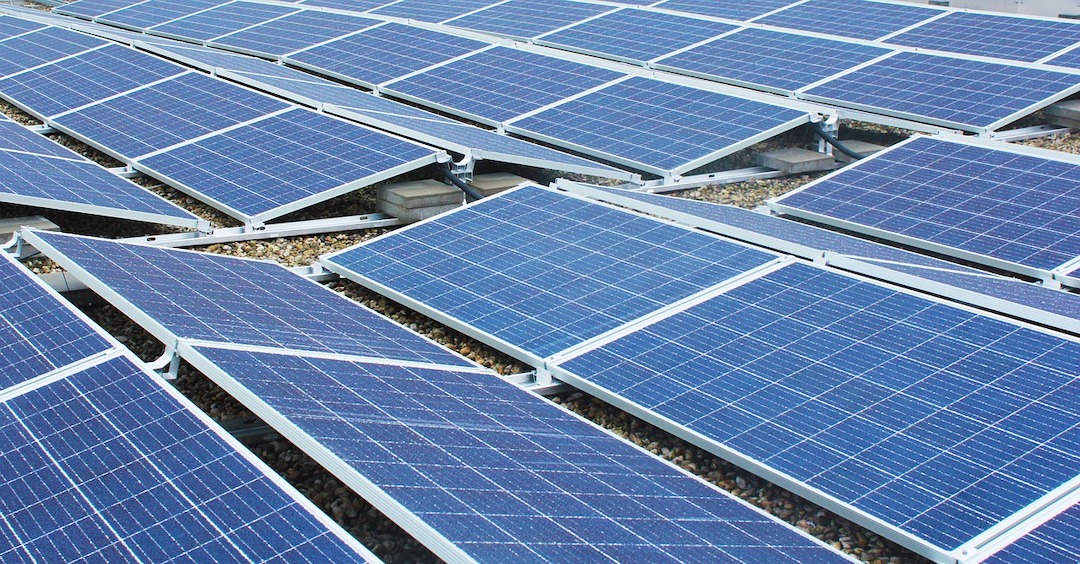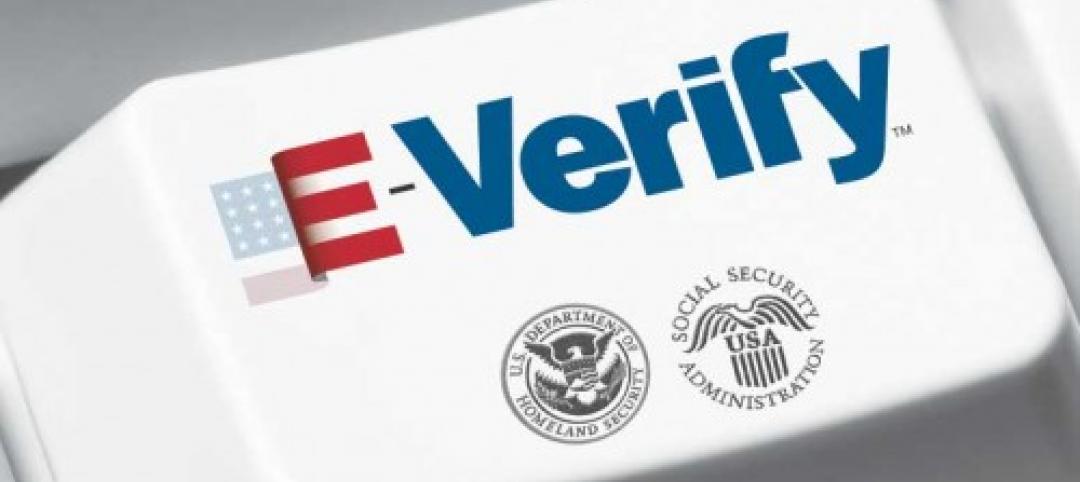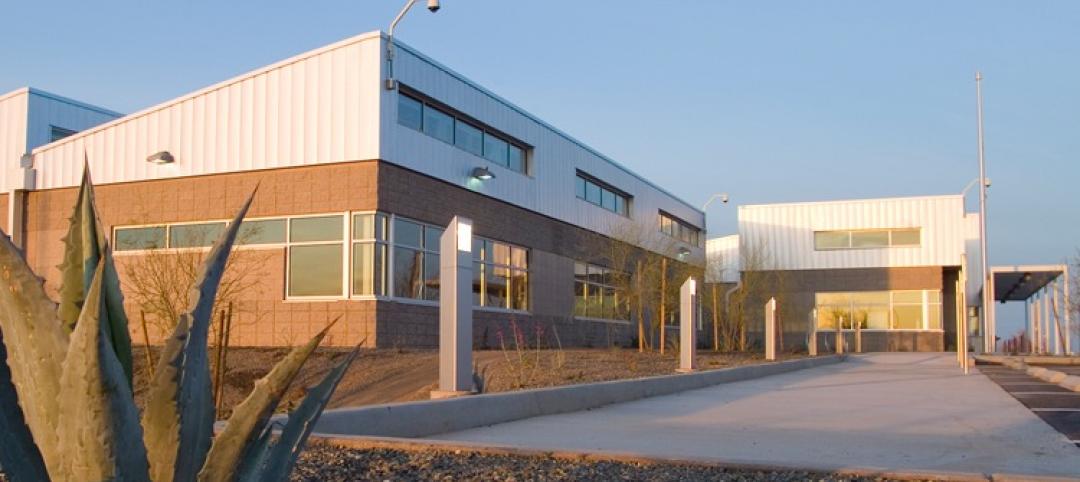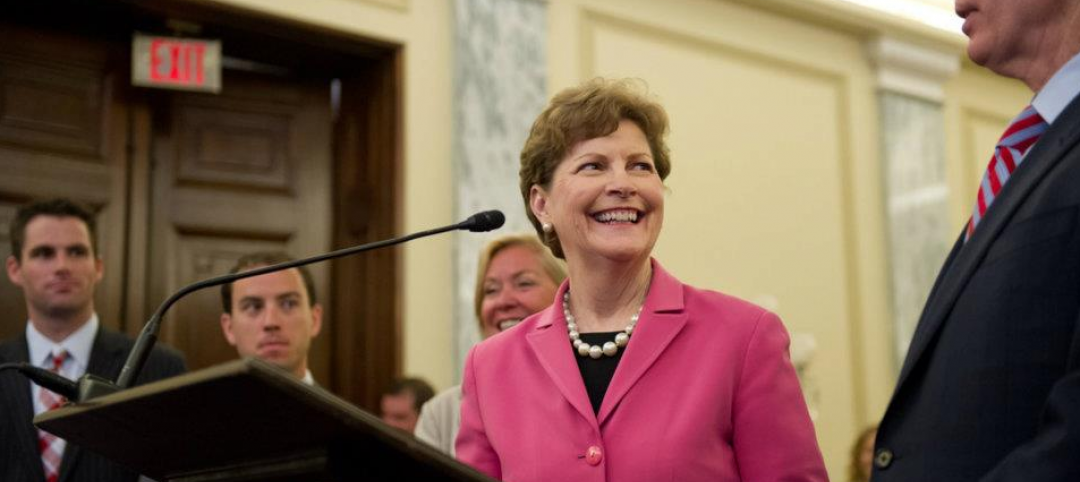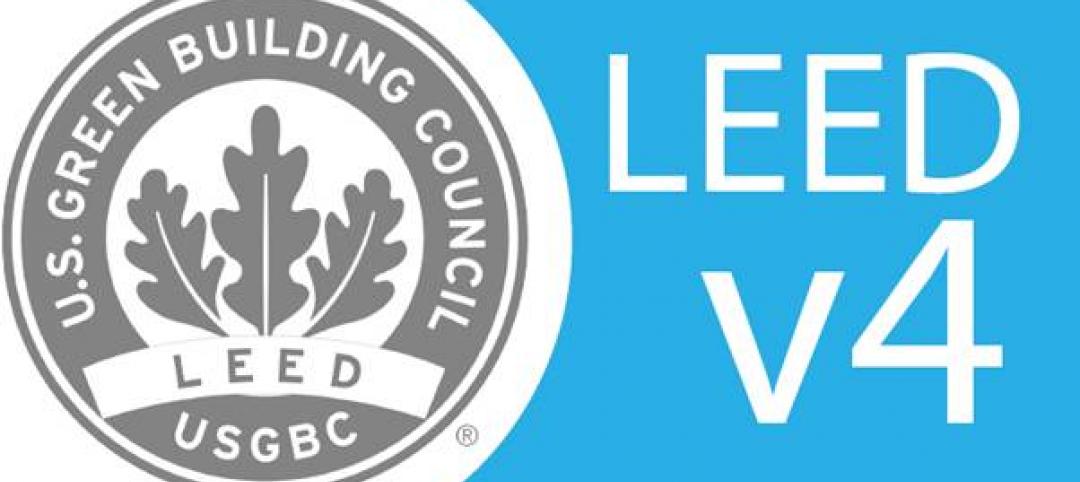There is significant popular support for community solar projects in the U.S., but opposition by utilities and some legislative restrictions are holding back their development.
Nearly 1,600 community solar projects, sometimes called “solar gardens,” are operating nationwide. Most are operating in Minnesota, Massachusetts, New York, and Colorado.
The Biden administration continues to support a $15 million Energy Department initiative to expand the number of solar gardens, particularly in low- and moderate-income neighborhoods. At the state level, though, where regulators set the power rules, interest groups are fighting over what defines community solar and who should generate it.
Utilities say having too many players could unravel regulatory structures that assure power grid reliability and warn of more disasters such as last winter’s deadly blackout in Texas. Some regulations, such as one in Minnesota that restricts ratepayers from subscribing to solar gardens only in their county or an adjacent one, have unintended consequences. The Minnesota rule means the heavily populated Twin Cities region has many potential subscribers but lacks space for gardens. On the other hand, rural areas have ample room for installations but fewer buyers for the energy.
Related Stories
| Oct 8, 2013
New Orleans advances $1 billion construction plan including new airport terminal
New Orleans plans to invest $1.1 billion in construction projects over the next five years.
| Oct 8, 2013
Report on large New York City buildings shows progress on energy efficiency
Buildings in New York City have been found to have a median score of 67 out of 100 in Energy Star's Portfolio Manager, an increase from 64 last year, and above the national average of 50, according to a study prepared by the Natural Resources Defense Council for the office of Mayor Michael Bloomberg.
| Oct 8, 2013
ConsensusDocs offers online prequalification management application to boost industry efficiency
In collaboration with ConsensusDocs, iSqFt has launched a new online platform designed to make the prequalification process for contractors and subcontractors seeking new work more efficient.
| Oct 8, 2013
Government shutdown closes E-Verify, could hamper construction hiring
E-Verify, the online federal program used to check the immigration status of prospective hires, has been closed due to the federal government shutdown.
| Oct 3, 2013
Florida contractors worry that regulations will hamper their ability to hire
Regulations such as the E-Verify rule and the Affordable Care Act could hinder contractors from hiring additional workers, according to some Florida contractors.
| Oct 3, 2013
Fall protection violations top OSHA citations list
Violations of fall-protection standards in fiscal 2013 are again the most frequent source of citations from the Occupational Safety and Health Administration, according to its top 10 list.
| Oct 3, 2013
Arizona utility pushes for change in building codes to boost efficiency on all commercial projects
Many large construction projects in Arizona are going green by paying attention to energy efficiency, but smaller buildings that are often rented out haven't yet jumped on the bandwagon.
| Oct 3, 2013
Bipartisan energy efficiency bill stalled; may not be revived this year
The Senate spent the first two weeks of September trying to pass bipartisan energy efficiency legislation, commonly known as Shaheen-Portman (S. 1392) that would have impacted building codes.
| Oct 3, 2013
LEED credential exams will feature LEED v4 material beginning next spring
The LEED Professional Credential exams for the LEED Green Associate and LEED AP with specialty designations will feature LEED v4 material beginning in late spring 2014.
| Sep 26, 2013
Ballot period on National CAD Standards open until Oct. 13
The Ballot Comment Period to update the nation’s leading computer-aided design (CAD) standard is now open.


